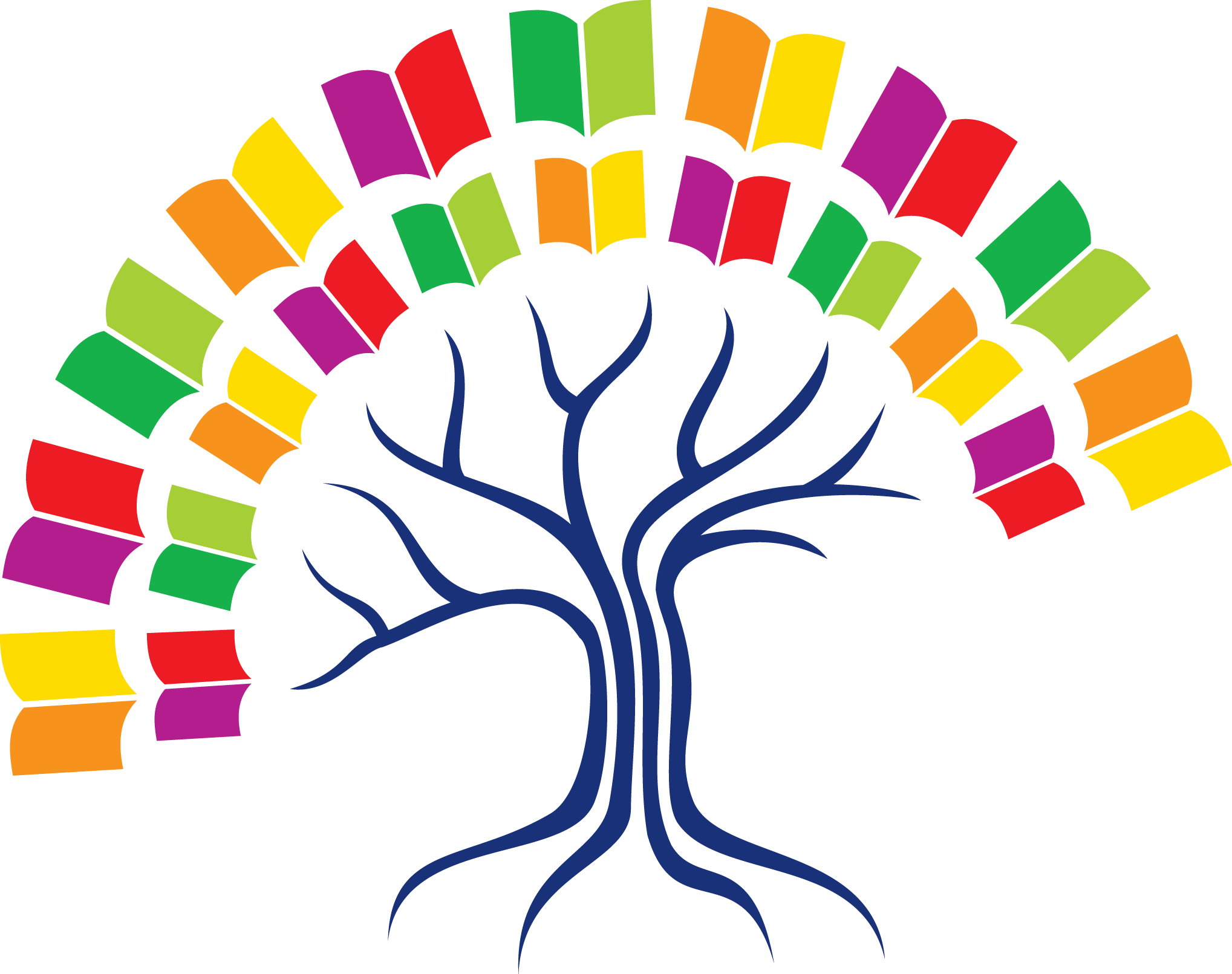How language influences environmental advocacy
Language can influence how people think and feel about different topics. Our choice of words can make any idea sound positive or negative. Think about how much more delicious an apple sounds when you describe it as вЂjuicy†rather than вЂmushyвЂ.
ThatвЂs especially true of important issues like climate change. Environmental groups want to encourage others to take action so they need to use convincing language.
For example, many advocates use the slogan ‘think globally, act locally’. The phrase is short and rhymes so itвЂs easy for most people to remember. Although itвЂs simple, it reminds us that even small environmental activities within our communities can contribute to a better world.
Educational resources for EFL students
So, you want to learn more about the issues facing our planet. WhereвЂs the best place to start? Luckily for you, there are lots of environmental ESL resources out there:
Environmental organisations: Websites like Greenpeace and The Ocean Cleanup explain different issues like plastic pollution and climate change. They use a lot of images and graphs to explain complicated scientific ideas.
Articles: Following different blogs can give you reading practice while teaching you about environmental issues. Some good options are TreeHugger and Moral Fibres which give you advice on how to live more sustainably.
Podcasts: What about listening practice? You can search your podcast app for phrases like вЂzero waste†and вЂsustainable living†to find series like How to Save a Planet.
Films and TV shows: There are many great documentaries such as A Life On Our Planet and Kiss the Ground which raise awareness of issues like extinction and collapsing ecosystems.
Online talks and workshops: ItвЂs easy to search YouTube and TED.com for famous speeches about the environment. You can add subtitles if the speaker is fast or uses a lot of challenging vocabulary.
Social media: There are lots of individuals and groups you can follow on sites like Facebook, Reddit and Instagram. You can practise your English in comments and on discussion boards or even arrange activities offline.
You can often find specially made environment English lessons. Harry Waters has created a course called Renewable English for teachers and learners on different topics. You can watch videos on everything from stopping pollution and reducing waste to protecting the bees.
Watch one of his videos here:
Many schools like Oxford House also include ESL for environmentalists in their courses. If youвЂre taking private lessons, you could ask your teacher to cover certain topics.
But you donвЂt need to become an expert on every environmental topic. Harry recommends finding the issue that youвЂre most passionate about. ‘There are a lot of problems. If you just start looking, youвЂll be swimming in an ocean of resources, not just plastic. Think about what youвЂre interested in and find online materials to do with that.’
Glossary for Language Learners
Find the following words in the article and then write down any new ones you didnвЂt know.
To raise awareness (pv): to help people learn about an important issue.
Advocacy (n): when you support an important issue.
Sustainable (adj): possible to keep doing without using all the resources or causing harm.
Mushy (adj): soft and wet.
Slogan (n): a short phrase that you can remember easily.
To rhyme (v): to have the same ending sound as another word.
Collapsing (adj): falling or disappearing.
Misinformation (n): false information that people spread by mistake.
Climate crisis (n): the current situation where climate change is damaging natural areas of the world.
To upcycle (v): to turn old or broken objects into new, even better ones.
Compostable (adj): able to turn back into earth.
Greenhouse effect (n): the increase in global temperature because of pollution.
Renewable (adj): easy to replace and use again.
Key
pv = phrasal verb
n = noun
adj = adjective
Why English is so important for the environment
As a global language, English is a powerful tool. There are an estimated 1.5 billion speakers worldwide which is almost a fifth of the population. When you communicate in English, your words can reach and affect more people than any other language.
Harry Waters, environmental educator and English teacher, believes talking about climate change in English education is essential. He says, ‘English is everywhere so why not use it as a tool for good? One of the biggest goals of environmental advocacy is to communicate and explain the things we need to do to take care of the planet.’
He adds that learning English often helps students become environment advocates. ‘The majority of people are going to have an English lesson. When youвЂre studying a language, you learn how to talk about all the different areas of your life. You learn about family. You learn about music. You learn about sport. So, why not learn about the environment?’
How to use environmental vocabulary in everyday English
Perhaps you want to talk more about climate change issues but you donвЂt know how to get started. You donвЂt want to use the wrong words and confuse people when thereвЂs already so much misinformation about climate change out there.
Start by making sure you know the correct terms for simple phrases. For example, do you know the difference between these pairs of vocabulary?
✔climate change – climate crisis
✔recycle – upcycle
✔biodegradable – compostable
✔global warming – greenhouse effect
✔renewable – sustainable
When you donвЂt know a new word, you can ask the other person to explain it. If theyвЂre a passionate environmentalist, theyвЂll be happy to raise awareness. Carry around a notebook to write down this vocabulary.
Sometimes, you wonвЂt be able to find the right words or the answer for a situation. People are still debating issues like which diet is best for the planet or how to stop plastic pollution. The vocabulary we use to describe the situation also changes constantly. All you can do is listen, try to understand and do what you think is best.






























